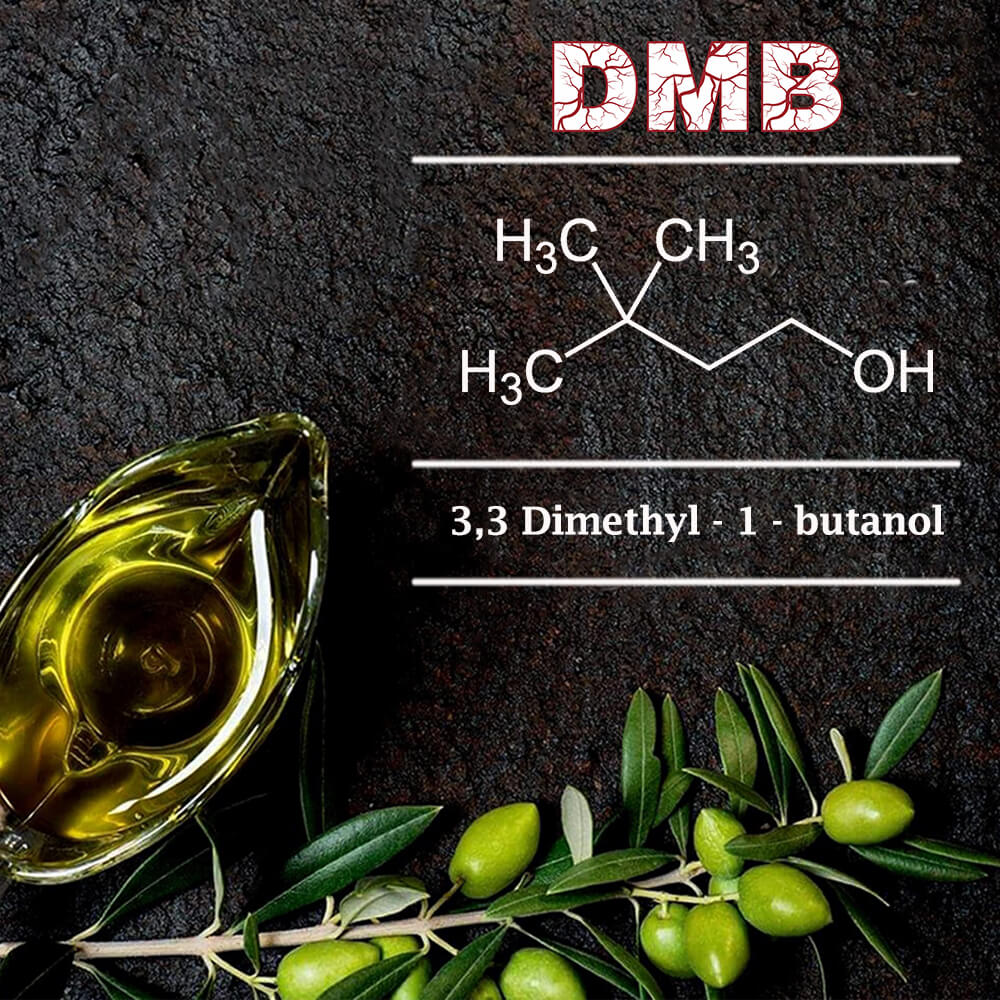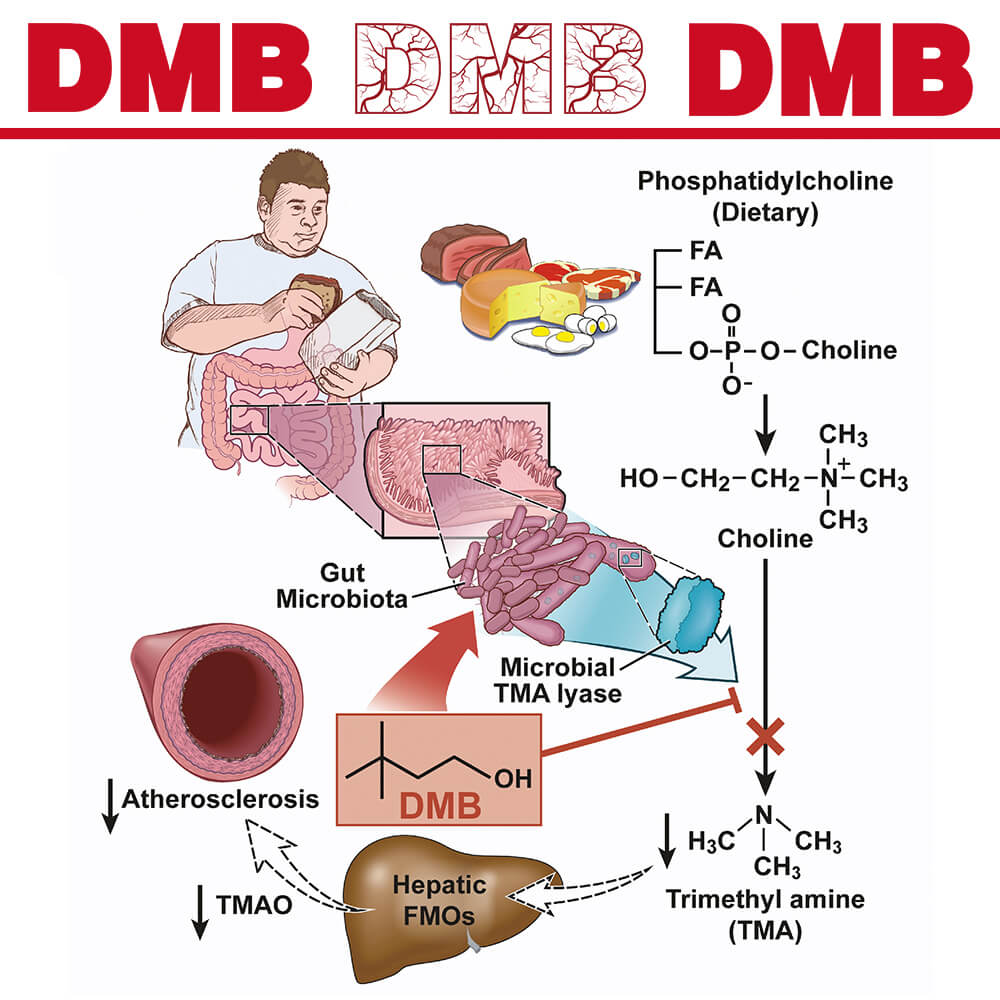Description: A new and significant discovery that may prove to be of exceptional importance for the prevention of diseases in the modern world, was recently made by a scientific team studying the components of extra virgin olive oil.
After years of collaboration, they managed to implement an innovative method that determines the presence of the component "3,3 dimethyl-1-butanol" (DMB) in extra virgin olive oil, a component beneficial for human health that acts against harmful compounds (TMA and TMAO) that are associated with the cause of atherosclerosis and the appearance of inflammation in various cardiovascular diseases.
 On June 30, 2025, the international scientific team consisting of 4 Greeks, 3 Turks and a Canadian (namely: Rifat Gimatdin, Hasan Yavuz Gören, Nikos Sakellaropoulos, Konstantinos Kiritsakis, Charalampos Anousakis, Fereidoon Shahidi, Ahmet Ceyhan Gören), led by Emeritus Professor of the International Hellenic University (I.H.U.) Apostolos Kiritsakis, published in the international scientific and prestigious Journal of Food Bioactives (JFB) of the International Society for Nutraceuticals and Functional Foods (ISNFF) the impressive results of the pioneering study under the title “Quantification of 3,3-dimethyl-1-butanol(DMB) in olive oil: a rapid and novel method”.
On June 30, 2025, the international scientific team consisting of 4 Greeks, 3 Turks and a Canadian (namely: Rifat Gimatdin, Hasan Yavuz Gören, Nikos Sakellaropoulos, Konstantinos Kiritsakis, Charalampos Anousakis, Fereidoon Shahidi, Ahmet Ceyhan Gören), led by Emeritus Professor of the International Hellenic University (I.H.U.) Apostolos Kiritsakis, published in the international scientific and prestigious Journal of Food Bioactives (JFB) of the International Society for Nutraceuticals and Functional Foods (ISNFF) the impressive results of the pioneering study under the title “Quantification of 3,3-dimethyl-1-butanol(DMB) in olive oil: a rapid and novel method”.
It should be noted that this method has been validated according to the European guide Eurachem, a network of organizations in Europe, in collaboration with the Cooperation on International Traceability in Analytical Chemistry (CITAC).
Until now, there have been few and mostly fragmentary reports in the international literature on the importance of DMB, and no method has been published that can determine, safely and in the laboratory, DMB concentrations in extra virgin olive oil. As participants in the study note, this is the first time that the presence of the DMB component in olive oil has been confirmed in the laboratory based on a reliable scientific method and its values have been determined with impressive results.
In the last two years, on the initiative of professor Kiritsakis and in collaboration with the organic olive producer George Sakellaropoulos from Sparta and the also well-known Professor Ahmet Ceyhan Gören of Gebze University in Istanbul, succeeded for the first time internationally in detecting and identifying this important compound in samples of organic olive oil from Greece and Turkey.
Sakellaropoulos Organic Farms, having at their core the scientifically proven health-protective value of the organic olive oils and table olives they produce, they actively and consistently participate in clinical studies and research conducted at renowned university institutions, such as Harvard, Yale, Temple and Auburn in the USA, as well as the Department of Pharmacy of the National and Kapodistrian University of Athens.
So, here too, they were helping from the beginning and actively monitored the entire effort. Having already done a lot of experimentation, testing and analysis, they produced multi-varietal extra virgin olive oils with significant concentrations of DMB, which they offered for use in this specific research, while at the same time scientifically supporting the background and direction of this synergy.
Thus, most of the samples analyzed in a laboratory in Istanbul and in which the highest presence of DMB was determined, come from Sakellaropoulos Organic Farms in Sparta.  Specifically, and according to what the study published in the Journal of Food Bioactives reports, the DMB values in the nine (9) olive oil samples from Greece and Turkey are: N1 “Plus Health Blue” multivarietal: 9.7 mg/L, N2 “Plus Health DMB” multivarietal: 11.4 mg/L, N3 “Fyllikon” First Harvest Organic: 8.3 mg/L, N4 “Plus Health Green Multivarietal”: 7.8 mg/L, N5 “Agourelaio” Early Harvest Organic: 6.8 mg/L, N6 (unknown) 4.8 μg/L, N7 “Armonia” Monovarietal Organic: 4.8 μg/L, N8 (Edremit-type olive oil from Kırkağaç, Manisa) 8.8 μg/L and N9 (product purchased in Turkey) 1.5 μg/L. N2 was even given the designation Plus Health DMB Multivarietal evoo because it showed the highest values in the analyses.
Specifically, and according to what the study published in the Journal of Food Bioactives reports, the DMB values in the nine (9) olive oil samples from Greece and Turkey are: N1 “Plus Health Blue” multivarietal: 9.7 mg/L, N2 “Plus Health DMB” multivarietal: 11.4 mg/L, N3 “Fyllikon” First Harvest Organic: 8.3 mg/L, N4 “Plus Health Green Multivarietal”: 7.8 mg/L, N5 “Agourelaio” Early Harvest Organic: 6.8 mg/L, N6 (unknown) 4.8 μg/L, N7 “Armonia” Monovarietal Organic: 4.8 μg/L, N8 (Edremit-type olive oil from Kırkağaç, Manisa) 8.8 μg/L and N9 (product purchased in Turkey) 1.5 μg/L. N2 was even given the designation Plus Health DMB Multivarietal evoo because it showed the highest values in the analyses.
As Mr. Kyritsakis commented, this research group is the first to determine the values of the DMB, and now we are taking the next step: to examine the effectiveness of this component, which is unique and is not a phenol. DMB seems to be able to inhibit the action of the enzymes that create the TMA and TMAO compounds, which are associated with many diseases of our time, such as atherosclerosis and cardiovascular diseases. The development of the new gas chromatography/mass spectrometry (HS GC/MS) method will soon find broad applications in research on olive oil as a biofunctional food and in the prevention of diseases such as cardiovascular, Alzheimer’s and others.
In fact, contacts and processes have already begun and that extensive studies (and clinical trials) will follow very soon to investigate the role of the DMB component in olive oil and its mechanism of action, as well as how it can act protectively in various diseases.
It is a remarkable fact that all the efforts and developments to date are being closely monitored by Dr. Tassos Kyriakides, researcher in Epidemiology, Biostatistics and Clinical Studies, Assistant Professor at the School of Public Health of Yale University in the USA, where he will actively participate and play a leading role in future relevant research and clinical studies that will follow.
Participating professor Ahmet Ceyhan Gören commented “A new path has been opened for olive oil research. We continue our work to develop new methods in addition to the existing method. This study not only provides us with new information but also demonstrates that the richness of the olive tree is greater than we previously believed. It has also served as proof of the possibilities for even greater cooperation between Turkish and Greek researchers. Both groups have now launched new calls for projects and aim to further strengthen their cooperation. We express our sincere gratitude to our cultural heritage, the olive tree, for providing this opportunity”.
 Regarding TMA, the scientists highlight that it is produced by the gut microbiota, derived from foods such as red meat, and then absorbed into the bloodstream and oxidized to TMAO in the liver. TMAO appears to facilitate the development of atherosclerosis in animal models that feed a diet rich in animal protein. TMAO, a gut microbiota-dependent metabolite, is associated with inflammatory diseases such as atherosclerosis, the immunological processes of which mirror those of rheumatoid arthritis (RA) (read more).
Regarding TMA, the scientists highlight that it is produced by the gut microbiota, derived from foods such as red meat, and then absorbed into the bloodstream and oxidized to TMAO in the liver. TMAO appears to facilitate the development of atherosclerosis in animal models that feed a diet rich in animal protein. TMAO, a gut microbiota-dependent metabolite, is associated with inflammatory diseases such as atherosclerosis, the immunological processes of which mirror those of rheumatoid arthritis (RA) (read more).
To highlight the overall importance of olive oil and the key role of DMB in the provocation of TMA and its derivative TMAO, the members of the scientific team note in the same study: the crucial dietary role that this has played in Mediterranean culture for thousands of years and in recent years worldwide”. Numerous studies have highlighted olive oil as an important source of antioxidants based on its phenolic profile, which includes phenolic acids and alcohols, polyphenols, lignans, secoiridoids, oleacein and oleocanthal. The biological effects of olive oil components include protection against cardiovascular diseases, anti-inflammatory action and neuro- and endothelial protection (read more).
Indicatively, treatment with DMB during pregnancy and lactation has been shown to alleviate hypertension, providing insight into the therapeutic potential of DMB as a microbiota-based metabolite for the prevention of developmental hypertension. The researchers have suggested that if future human studies show similar results, DMB could lead to new strategies for preventing or even treating heart disease and stroke, two of the leading causes of death worldwide. TMAO has also been linked to aging, cognitive decline, and other brain disorders. A 2021 study provided for the first time direct evidence that repeated exposure to DMB, significantly impacts social dominance in adult mice without any effect on anxiety, depression-like behaviors, or memory formation (read more).





